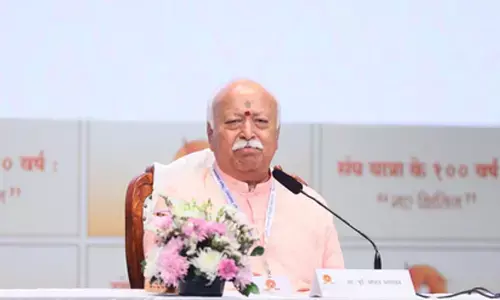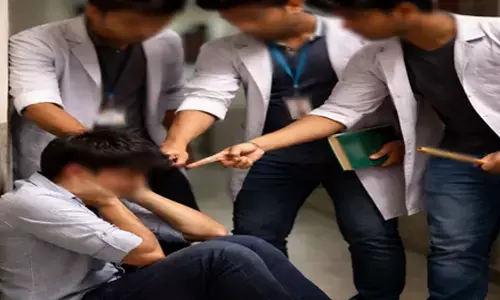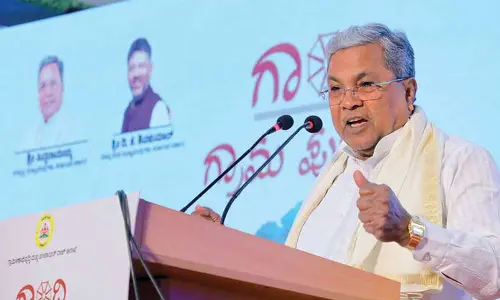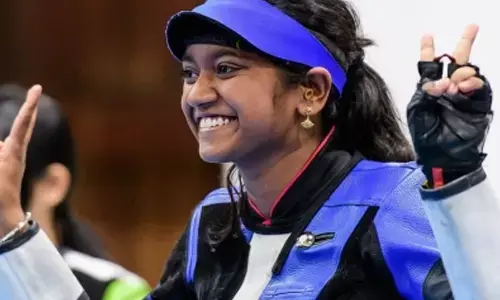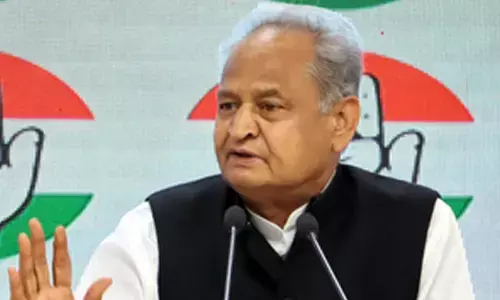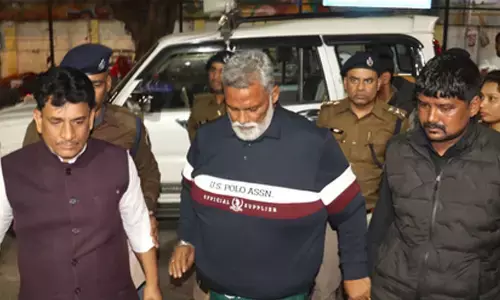Inclisiran for cholesterol: Docs call it expensive, bat for cheaper options
Share :
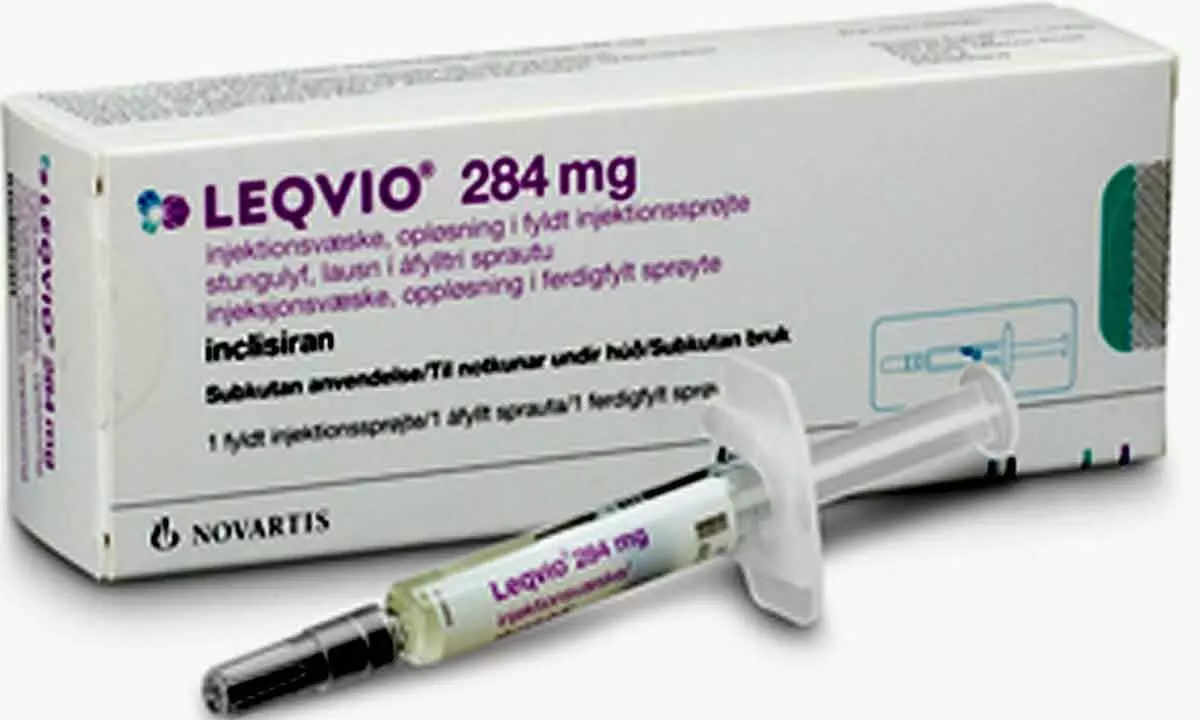
Even as India is set to soon launch promising new DCGI and US FDA-approved medicine Inclisiran to lower cholesterol and keep it low with just two doses a year, doctors, while hailing the advance, contend that the drug is expensive and stressed on better use of the much cheaper versions available.
New Delhi: Even as India is set to soon launch promising new DCGI and US FDA-approved medicine Inclisiran to lower cholesterol and keep it low with just two doses a year, doctors, while hailing the advance, contend that the drug is expensive and stressed on better use of the much cheaper versions available.
Inclisiran is the first and only small interfering RNA (siRNA) therapy to lower low-density lipoprotein cholesterol (also known as bad cholesterol or LDL-C) with two doses a year, after an initial dose and one at three months.
Manufactured by Swiss multinational pharmaceutical Novartis and expected to cost around Rs 1.2 lakh, it has been approved by the Drug Controller General of India (DCGI) under the brand name of Sybrava, following the successful completion of trials. The UK has also approved Inclisiran.
"There is a case for use of these injectables in India if their price comes down. As of right now, even the use of appropriate doses of statins is not so common in India. These are cheap medicines which are available in generic form in India and they are still not used so at the moment, one should focus on how to use them better," Dr Vivek Chaturvedi, Head, Department of Cardiology, Amrita Hospital, Faridabad, told IANS.
"The use of these injectables will only take place for those people in India who find too many side effects of statins. The reason being that, for most Indians, cholesterol is controlled using statins which are much cheaper," he added.
Inclisiran is able to reduce the amount of LDL-C in the bloodstream by improving the liver’s natural ability to prevent the production of a protein that plays a role in keeping circulating cholesterol levels high.
It is a subcutaneous injection with an initial dose, then again at three months, and then every six months. This approach may help those who have trouble sticking to medicines that are self-administered and have greater dosing frequency.
"Inclisiran is a new cholesterol-lowering drug administered subcutaneously twice yearly. Being both very expensive and a very potent drug, its use will initially be restricted to those patients with severely raised blood cholesterol levels that don’t respond to current orally administered pills," Dr Atul Mathur, Executive Director-Interventional Cardiology & Chief of Cath Lab, Fortis Escorts Hospital, New Delhi, told IANS.
"However, the most noteworthy fact is that we are entering an era where we will soon replace daily pills with subcutaneous shots needed once or twice a year. This is how with time we are moving ahead in the management of cardiovascular diseases," he added.
Dr. Chaturvedi said that there are several drugs already available for effective reduction of cholesterol.
"The most studied to-date and the most effective in terms of its response and cause are the statins which are readily available in India. These are the first drugs which should be given to a patient because of their long-standing record and LDL lowering capacity," he said.
There are two more oral drugs available in India -- one is histamine and a newer one called bampidoic acid which are used along with or sometimes instead of statins when people have statin-associated muscle symptoms.
"These medicines, as of right now, are too expensive for the common Indian household. So, their use is reserved at best. Hence, even the drugs that are available like evolocumab, are still not very widely used in India," Dr. Chaturvedi said.
According to a study by the Indian Council and Medical Research and Madras Diabetes Research Foundation, and published in The Lancet last year, about 213 million people in India -- or almost 24 per cent of the population -- have dyslipidemia, a disorder marked by abnormal levels of lipids, such as cholesterol, LDL-C, triglycerides, and high-density lipoprotein cholesterol (HDL-C), in the blood.
"Lipid lowering therapies are well-established to prevent cardiovascular events in adults with dyslipidemia and multiple risk factors. However, global clinical usage of statins remains sub-optimal, with adherence to low rates mainly due to concerns about side effects and misconceptions about benefits," Dr Ashwani Mehta , Senior Cardiologist, Sir Ganga Ram Hospital, told IANS.
"This new therapy is a very powerful way of reducing cholesterol and thereby taking care with the adherence issues and can be a breakthrough in checking this global epidemic of heart disease," he added.







